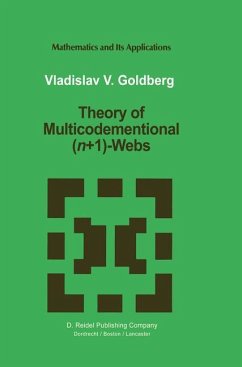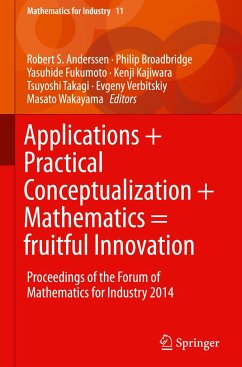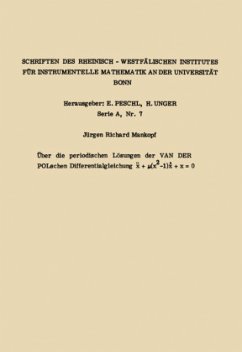
1 2 + 4 8 + · · ·
Versandkostenfrei!
Versandfertig in 6-10 Tagen
26,99 €
inkl. MwSt.

PAYBACK Punkte
13 °P sammeln!
High Quality Content by WIKIPEDIA articles! After Christian Wolff read Leibniz's treatment of Grandi's series in mid-1712, Wolff was so pleased with the solution that he sought to extend the arithmetic mean method to more divergent series such as 1 2 + 4 8 + 16 . Briefly, if one expresses a partial sum of this series as a function of the penultimate term, one obtains either (4m + 1)/3 or ( 4n + 1)/3. The mean of these values is (2m 2n + 1)/3, and assuming that m = n at infinity yields as the value of the series. Leibniz's intuition prevented him from straining his solution this far, and he wro...
High Quality Content by WIKIPEDIA articles! After Christian Wolff read Leibniz's treatment of Grandi's series in mid-1712, Wolff was so pleased with the solution that he sought to extend the arithmetic mean method to more divergent series such as 1 2 + 4 8 + 16 . Briefly, if one expresses a partial sum of this series as a function of the penultimate term, one obtains either (4m + 1)/3 or ( 4n + 1)/3. The mean of these values is (2m 2n + 1)/3, and assuming that m = n at infinity yields as the value of the series. Leibniz's intuition prevented him from straining his solution this far, and he wrote back that Wolff's idea was interesting but invalid for several reasons. The arithmetic means of neighboring partial sums do not converge to any particular value, and for all finite cases one has n = 2m, not n = m. Generally, the terms of a summable series should decrease to zero; even 1 1 + 1 1 + could be expressed as a limit of such series. Leibniz counsels Wolff to reconsider so that he"might produce something worthy of science and himself."












